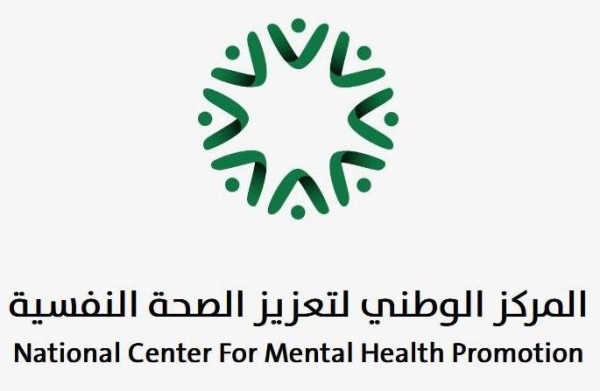
RIYADH — Gender dysphoria (GD), previously gender identity disorder, is a mental illness and not a hormonal or organic disorder, according to a competent Saudi scientific body.
“Gender dysphoria is a psychological illness, and those affected by it do not have any hormonal, organic, or genetic defect. They have complete external and internal organs of masculinity or femininity according to the sex they were assigned at birth,” the Committee for Professional and Ethical Practices in Mental Health, affiliated with the National Center for Mental Health Promotion, said in a statement issued on Wednesday.
Gender dysphoria is the distress a person experiences due to a mismatch between their perception of own gender and the sex they were assigned at birth. The causes of gender incongruence are unknown but a gender identity likely reflects genetic, biological, environmental, and cultural factors.
The committee noted that gender is determined by examining chromosomes — the male having 23 pairs of XY chromosomes and the female having 23 pairs of XX chromosomes. Sex is not determined by abstract self-desire, it added.
“Those who suffer from GD do not accept the gender identity with which they were born, and they have a strong desire to make external and internal physical changes to conform to the form of the psychologically desired gender. It was found in the follow-up of such cases that there is a percentage of affected people who want to return to their primary sex and accept it after specialized medical assistance,” the statement pointed out.
The committee pointed out that medical interventions such as hormone therapy and gender affirmation surgeries on these patients are not only ineffective but also lead to serious psychological and medical complications in the short and long term. These include the need for long-term hospitalization in psychiatric wards, high suicide rates, increased incidence of cancer, and the possibility of early death, in addition to many social challenges faced by those who undergo such procedures.
“Based on the above factors, and in line with professional practices and medical ethics applied in Saudi Arabia, the Committee for Professional and Ethical Practices in Mental Health considers that since the disorder is basically a psychological problem, the therapeutic intervention shall also be psychological. Therefore what is expected of the doctor is to diagnose the condition and explain its nature to the affected person, making available the options for psychological intervention, providing available psychological treatments to alleviate their suffering and improve their adaptive skills, and explain this scenario to their families as well,” the statement said.
The committee also considered that recommending gender affirmation surgeries, or prescribing sex hormones before or after surgeries, is deceitful for patients suffering from GD. There is no conclusive scientific evidence to prove such interventions have improved the psychological satisfaction associated with the disorder, it added. Therefore, those interventions are unacceptable because their negative consequences are a lot more than their positive outcomes.
The committee stressed the need for doctors to adhere to professional practice and medical ethics, by not recommending or approving gender change for patients with gender dysphoria, and writing a medical report to describe the patient’s condition, diagnosis, and the necessary psychological recommendations is sufficient.
The committee stressed the need to take stringent measures and hold accountable those who mislead people suffering from the disorder, through false hormonal or surgical interventions, either for convictions that have not been scientifically proven or for personal motives and gains.
It called on the health sector in Saudi Arabia to establish specialized psychological treatment programs based on solid scientific research for such psychological disorders and support its psychological services to do their part in dealing with cases of GD or other psychological disorders, which require the combined efforts of several specialties such as mental health, social service, religious guidance, and occupational therapy.
The committee also underlined the need for an accredited national guide to deal with these cases and the commitment to work on it by all practitioners in all relevant specialties. It also called on everyone to communicate with the committee via e-mail cpemh@ncmh.org.sa in the event of any comments, suggestions or inquiries












